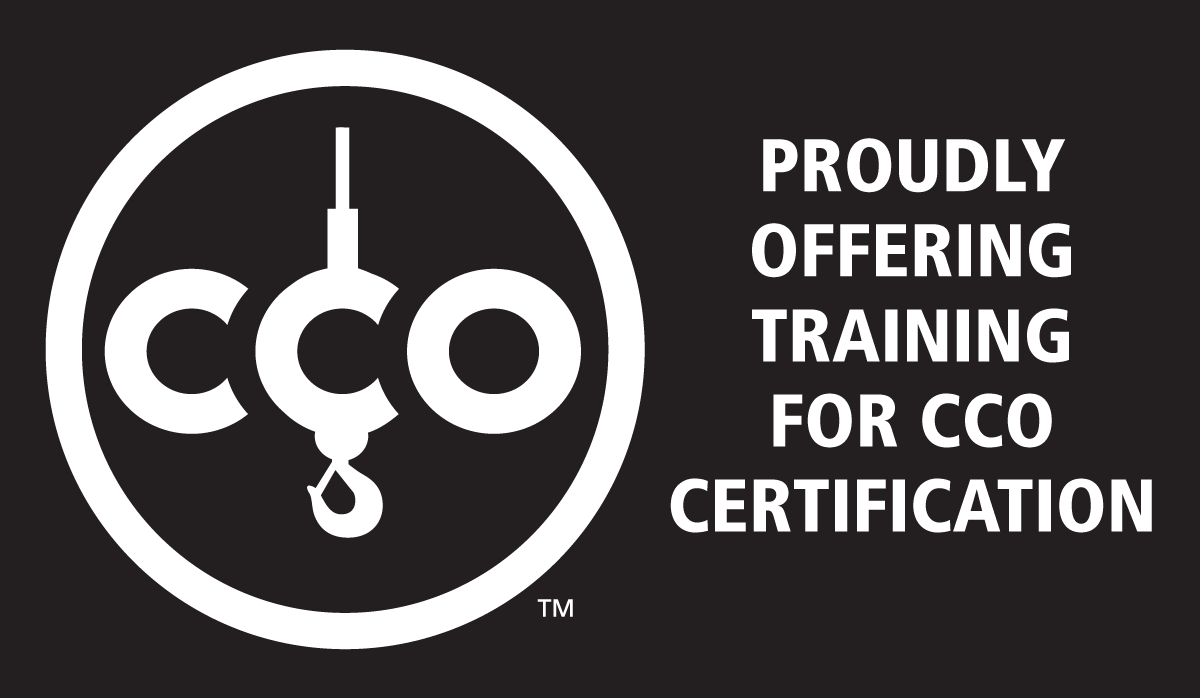Qualified Rigger & Signalperson
Since 2010, OSHA has required riggers and signalpersons to be “qualified.” To get OSHA-compliant, NCT designed an intense and fun class, complete with practical, hands-on testing, that will get anyone from the novice to a full-time operator through compliance with ease.
OSHA Requirements for Qualified Rigger
According to OSHA regulations, qualified riggers must be used for hoisting activity for assembly and disassembly work. Also, they must be used anytime workers are within the fall zone and hooking, unhooking, and guiding a load, or completing the initial connection of a load to a component or structure.
A “qualified” rigger or signalperson is not necessarily the same as one that has been “certified.” It’s possible to be qualified without holding a certification. It’s also possible that one could be certified yet not be qualified for a particular load.
Per OSHA, a qualified rigger is defined as a person who:
- Holds a degree, certificate, or professional standing
OR
- Has extensive knowledge, training, and experience AND can successfully demonstrate their ability
A person doesn’t need to be “qualified” to handle every type of job. Instead, they must, according to OSHA, “have the ability to properly rig the load for a particular job.” But that’s where our training can come in.
OSHA Requirements for Qualified Signalperson
OSHA requires a signalperson be present in the following situations:
- The operator does not have a full view of the point of operation
- The operator’s view is obstructed in the direction that the equipment is moving
- The operator or the person handling the load feels that a signalperson is needed
- Any time there are site-specific safety concerns
As is the case with riggers, holding just any heavy equipment certification does not necessarily mean that a signalperson is qualified. A signalperson must possess a number of communication skills and specific knowledge pertaining to crane operation safety, including:
- An understanding of the signals used at a specific work site
- Competent use of these signals
- Knowledge of crane dynamics including those involving swinging, raising, lowering, stopping loads and boom deflection
How Can You Ensure an Operator is “Qualified”?
Employers can ensure a rigger or signalperson is qualified via a third-party qualified evaluator (like NCT), their own qualified evaluator, or the operator successfully passing NCCCO’s certification test.
To avoid OSHA violations, documentation proving qualifications must be available at the work site in either paper or electronic form. Documentation must list each specific type of rigging and signaling (such as hand signals or radio signals) for which the worker is qualified.
The best way to assure accuracy and consistency when determining a worker to be qualified is to use a third-party qualifying agency for training—like NCT.
Why Qualified Your Riggers and Signalpersons?
The most obvious reason is to meet OSHA requirements and avoid costly fines. Additionally, and many would argue even more importantly, using qualified workers helps to reduce the number of accidents and injuries on your work site.
When you use NCT to qualify your riggers or signalpersons, you won’t have to do all the independent research to be sure that all of the requirements are being met and that the instructors and qualifying agents are in compliance with federal laws. Our training class makes it easy to get your whole crew certified fast. We can easily handle up to 40 candidates per group for a two-day class. You don’t have to worry about travel or other expenses for workers, because we can come to you. We bring everything that is required to get your employees certified, including our own NCCCO equipment.
OSHA’s Top 5 Crane Standards Citations
In 2011, OSHA released a comprehensive list of the most common crane standards cited in violation reports across the country. Among them were:
- Signalperson not qualified
- Materials Not Rigged by qualified rigger
- Lack of shift inspection by qualified persons
- Lack of qualification documents for signalpersons
- No annual inspection by qualified person
What NCT’s Qualified Rigger and Signalperson Training Class Covers
Our training class covers everything that is required for qualifying riggers and signalpersons, including:
- Operator hands-on lessons and practice
- Rigging components
- Technical knowledge
- Inspection
- Execution of rigging activity
- Hand signals
- Voice communication
- Basic knowledge of crane operations
- Situational awareness
- Safety standards and regulations
Successful completion of the following tasks are also required:
- Pre-use rigging inspection
- Rigging hitches
- Rigging connections
- Basic knots
This class is identical to the NCCCO rigger and signalperson certification class but without the extra cost of certification. Each participant will receive a certificate of completion and a photo ID card.





